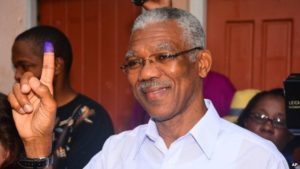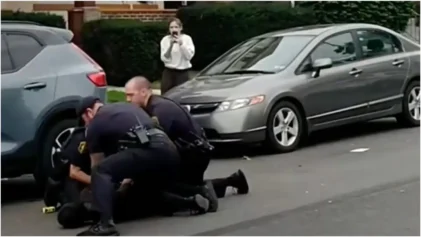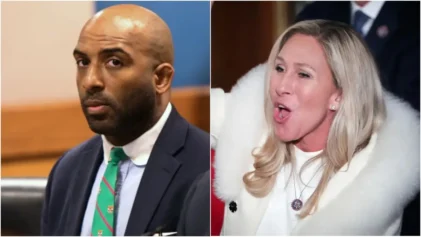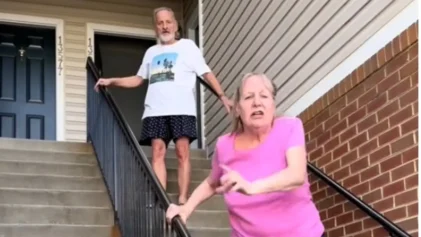Guyana’s multiracial opposition coalition has won a national election, breaking the ruling Indo-Guyanese party’s 23 year-old grip on power, the election board said on Thursday, signalling a new era in the ethnically divided South American country.
The Partnership for National Unity and Alliance for Change coalition, led by former army brigadier and publisher David Granger, won 206,817 votes versus 201,457 for president Donald Ramotar’s opposition coalition Progressive party (PPP), the authorities said after all votes were counted.
Diplomats from the UK and US said the elections were free and fair, and the Guyana elections commission said its first tally was unlikely to change on review. But Ramotar said the elections were rigged and demanded a recount, without giving any basis for his accusations.
Since gaining independence from Britain in 1966 the nation of 740,000 people has suffered tensions and occasional violence between citizens of Indian and African descent.
The PPP has ruled since 1992 and Afro-Guyanese complain they are marginalised.
But the coalition, a recent fusion between the traditional black party and a smaller third party, had campaigned to break that hegemony, cheered on by youth less hung up on ethnicity and increasingly fed up with the status quo.
“We are a six-party coalition and we are the closest Guyana has ever gotten to a government of national unity and that makes me very happy,” said a beaming Granger at his Georgetown home after results were announced.
The 69-year-old has a degree in history and received military training in Nigeria, Brazil and the UK. He is the founder of a security consultancy, also worked as magazine publisher, and enjoys collecting coins.
Majority black villages erupted in celebration, with delighted supporters breaking into song and dance.
Read more at theguardian.com



